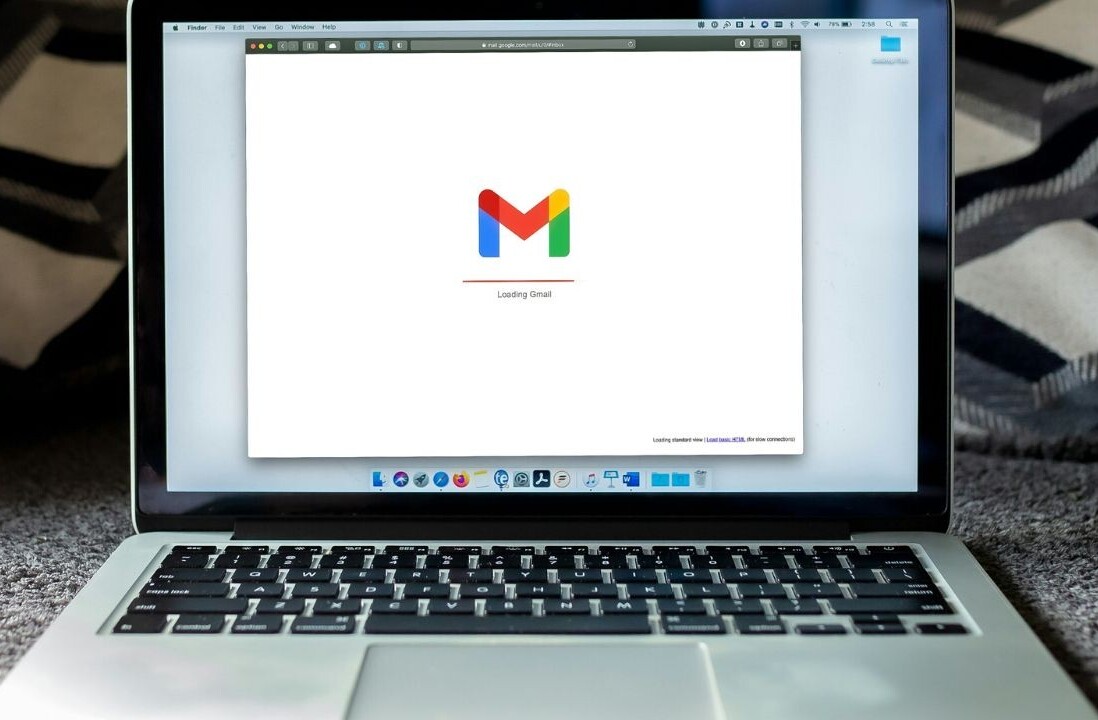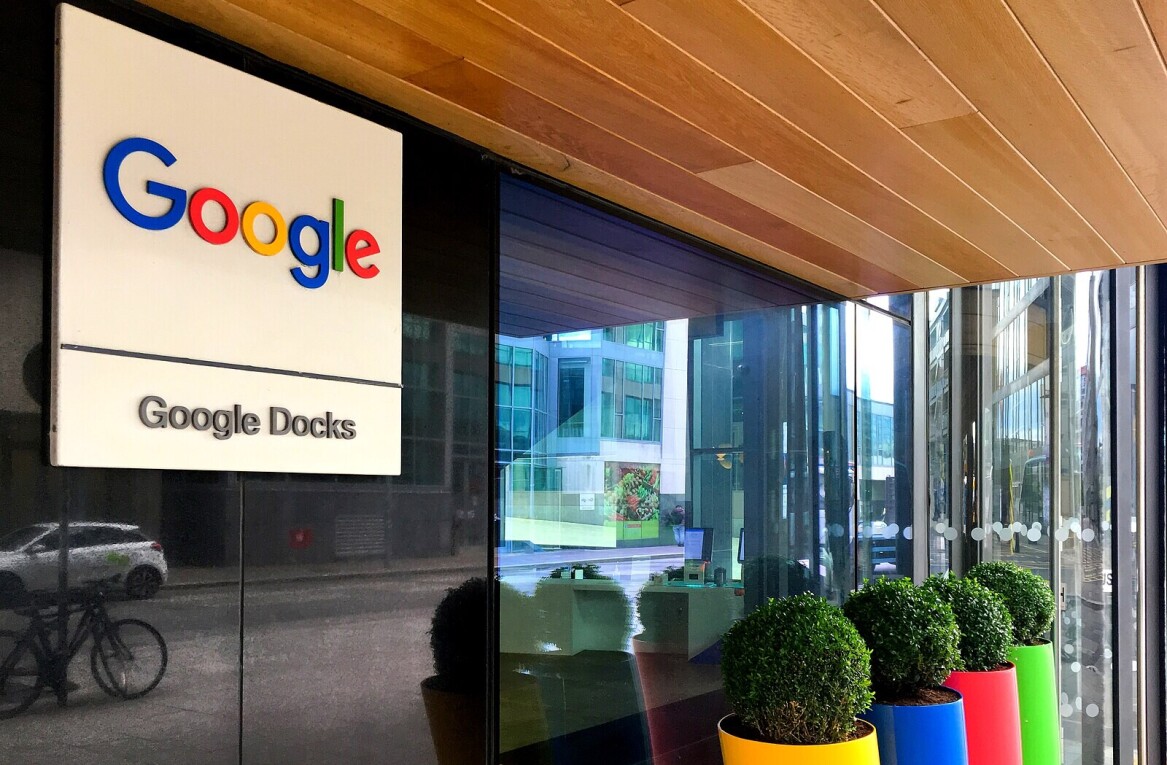
Some pretty exciting news today coming out of the Google camp. Since its launch in 2009, the Social function of Google Search hasn’t picked up very much speed. Though Google has continued to improve the service, it seems that (at least from what we hear anecdotally) people simply don’t use the Social function very regularly.
Today’s changes to Social bring the integrated results more directly in view. Rather than hanging out at the bottom of the page, you’ll begin to see social results as annotations in your regular Google listings.

As you can see, relevant social actions to your search results will now appear directly along with what you’ve been searching for. With the addition of content from sites such as Quora, Flickr and Twitter, it should add another layer of context to what you’re searching to find. Ultimately, though, a lot of that context might not prove to be useful.
For instance, let’s say that I am searching for some information on the Mobile World Congress. While a search for the MWC on Google will provide me with a wealth of results, I’ll also likely see photos and videos and tweets from people with whom I am connected who have shared that content.
While that sort of information is great for some cases, there are often times when social search just isn’t the right idea. Quite often, I’m not looking for discussion or social features. I’m simply looking for facts or relevant information. Whether or not someone to whom I’m socially connected has shared that information doesn’t necessarily come into play. In those cases, the addition of social seems to only muddy the waters, so to speak.
A Google spokesperson did have this to say:
We’ve written algorithms designed to surface social results when relevant to your search. For certain kinds of searches, say for simple factual information, social results are less likely to be relevant, and so are less likely to appear in your results. We’ve also done extensive user testing and evaluations to ensure the feature only appears when relevant, and is not distracting.
As with any search function, you’re going to have to figure out the best way that it’s useful to you. It’s worth noting that many people simply do not understand the way that search works in the scheme of browsing. The fact that we see so many direct Google referrals from people searching for “The Next Web” is evidence of that.
There are still many people who, rather than type in a URL, will simply enter a search result. For them, Google’s addition of social results might simply add to confusion rather than providing deeper results.
It’s a toss-up, from where we’re sitting. Is a social layer really important to how you use search? Give us your thoughts in the comments.
Get the TNW newsletter
Get the most important tech news in your inbox each week.




